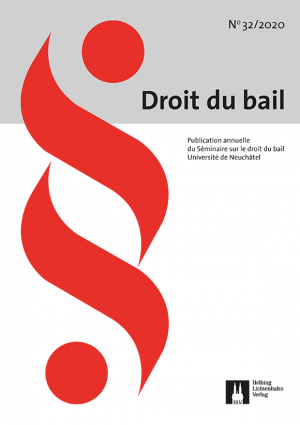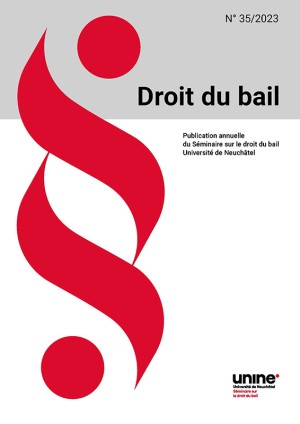Prochains colloques
Récentes publications
Sites et newsletters dédiés aux nouveautés dans un domaine précis du droit

Site et newsletter dédiés aux nouveautés en droit du bail.

Site et newsletter dédiés aux nouveautés en droit du travail, en particulier la jurisprudence du Tribunal fédéral.

Site et newsletter dédiés aux nouveautés en droit matrimonial et aux décisions du Tribunal fédéral.

Base de données dédiée à la jurisprudence du Tribunal fédéral, classée par thèmes et consultable par mots-clés.

Site et newsletter dédiés aux nouveautés en matière de contrats immobiliers et en matière d’hypothèque légale.

Site et newsletter dédiés aux nouveautés dans les domaines des assurances sociales et privées et de la responsabilité civile.

Site portant sur la jurisprudence de l’ensemble des sections du Tribunal cantonal neuchâtelois.

Tout savoir concernant les colloques et les denières publications de Droitne.










